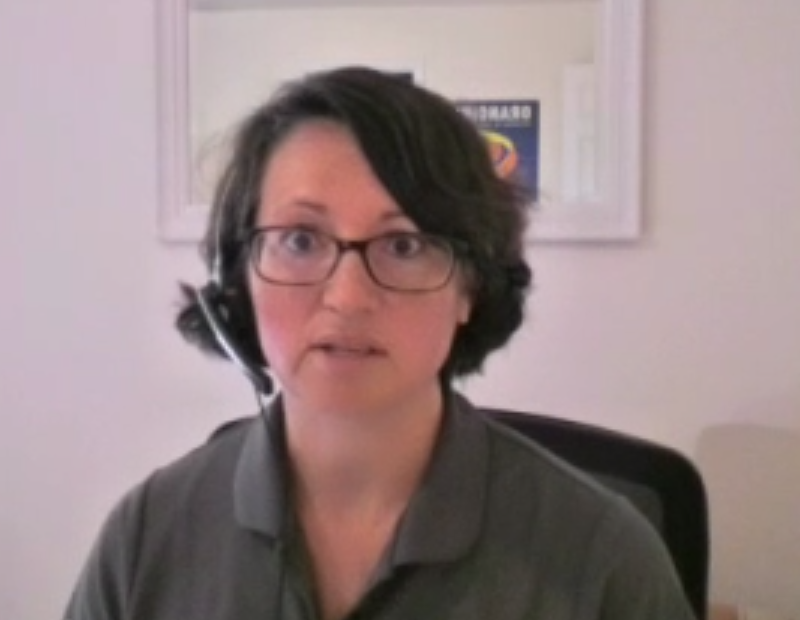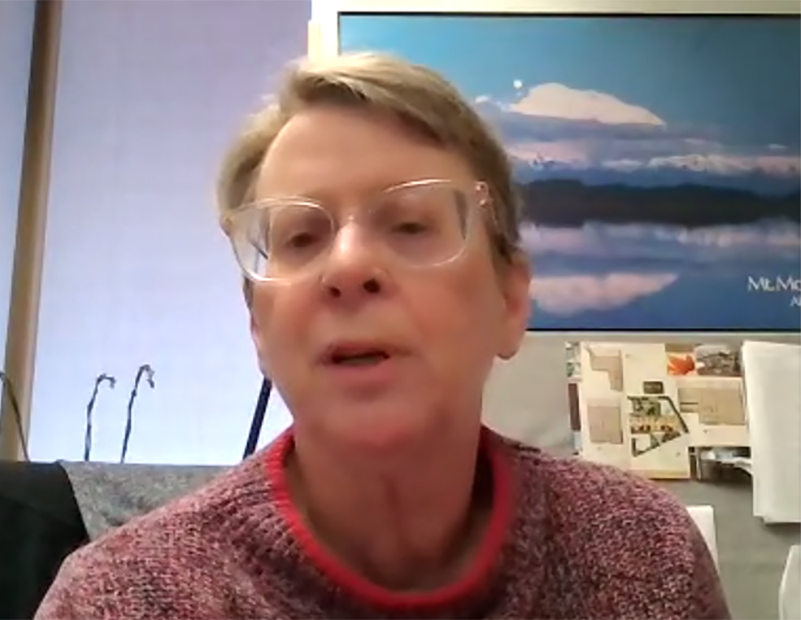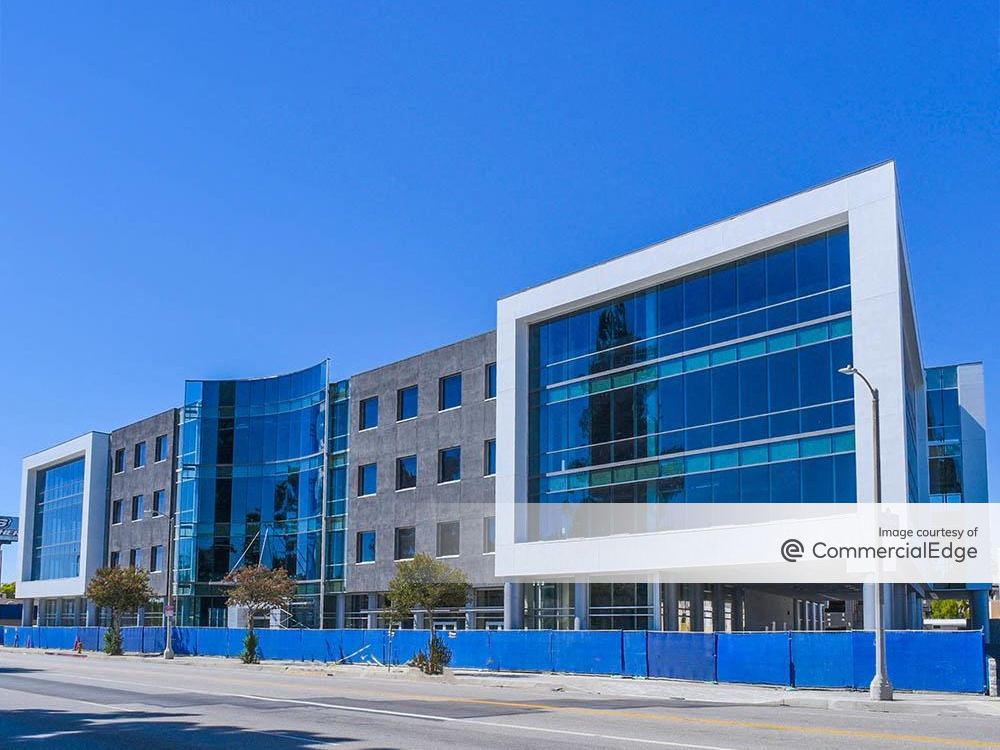How CREW Is Elevating DEI
Following a major announcement, the national organization’s members shared strategies for fostering diversity, equity and inclusion.

The desire to become more diverse, equitable and inclusive has taken a firm hold in the commercial real estate industry. But, many executives are finding that, despite their best intentions, the work is hard and the rate of change is more gradual than they would like.
During the CREW Convention this week, chapter members from around the country and Canada met virtually to swap DEI strategies for their CREW chapters and their companies.
“We have learned by looking at our chapter profile, really our industry profile, that the real estate industry does not really match the demographics of the market,” said Karman Blackwell, senior property manager, Brixmor in Atlanta, and the session’s moderator. “So, yes, we need to diversify our membership, but I think that comes from also diversifying the industry. It’s kind of a catch-22. We need both, but what do you start with?”
The all-female discussion was held on the day that CREW Network CEO Wendy Mann announced the organization’s CRE Pledge for Action. The pledge, created to advance women in commercial real estate and to prioritize DEI, already has 16 CEO signatories.
The signatories committed to: partnering with CREW to make the industry more diverse, equitable and inclusive; conducting a pay equity study to close the compensation gap; having senior executives sponsor women and individuals from other under-represented groups; intentionally hiring and recruiting women and individuals of diverse backgrounds; advancing women to top roles; and implementing accountability strategies to monitor progress.
DEI has been elevated at the chapter level as well. In Dallas, for example, the DE&I committee started out as a subcommittee of membership and now it is its own committee with the president-elect overseeing. The chapter has also re-written its mission statement to prioritize DEI in all its committees.
“I feel like we are really going to take wings, and I am excited it is getting that attention,” said Pam Donaldson, vice president of Community Development at Gordon Highlander in Dallas.

Other initiatives chapters are pursuing include: hiring consultants to help diversify membership and guide discussions; running lecture series; steering scholarships to minority communities; touring and celebrating historically minority neighborhoods; spotlighting members from underserved communities; sponsoring pre-professional programs for black, indigenous and LGBTQ youth; and keeping a library of resources that chapters members can take back to their companies.
Meanwhile, a number of chapters have added an “I” to the names of their DEI committees and initiatives. The “I” stands for intersectionality: the idea that many individuals belong to a number of underserved groups.
But finding out which groups people identify with has been challenging. In the Atlanta chapter, Blackwell said, less than 50 percent of members have filled out their demographic profiles. Other chapters have had similar issues.
“It helps guide us in our ability to give you the right kind of programming,” said Ann Elliot, senior corporate counsel, T-Mobile in Seattle. “I’ve heard that as one chapter’s sales pitch to get folks to do that. We asked once using that, and it didn’t really move the needle at all. So, I think it needs to be a regular thing that we haven’t implemented yet.”
Corporate Perspective
A number of chapter representatives stressed that they have found small-group discussion to be the most effective way to get people to reveal and discuss their touchpoints and experiences, and that has been instrumental at the company level as well.
“As we learn more about each other, we learn about our differences and diversity and that makes us more accepting of others,” said Ginger Bryant, CEO, Sares Regis Group of Northern California.
Sares Regis is monitoring and measuring diversity in the companies and consultants they engage with. But, internally, Bryant said, change is slower than they would like.
“Unlike a chapter that can get bigger and should be recruiting a lot of folks,” Bryant said, “we are a company of 70-80 people. We can only effect change as we grow or have turn-over.”
Sares Regis is also making DEI a firm-wide effort rather than just a C-suite decision. “It is a process— not a one-and-done,” Bryant said. “Yes, it is a leadership commitment from the top, but we think we also shouldn’t be driving that initiative.”
Jennifer Pecoraro, senior project manager, Beckman Coulter Life Services of Baltimore, said she has worked on project teams that were diverse because the client or the lender required it. CREW chapters, she said, need to use the same deliberateness and outreach.
“You can argue all day whether that is real diversification,” she said. “But I found it extremely valuable. My recommendation is we look to those resources that can help us identify those firms that want to be identified as women- and minority- owned firms that would really benefit from networking with other women in commercial real estate, make it a strong fit, and start getting them in because these conversations need to be had—conversations about micro-aggressions, conversations about advocacy.”







You must be logged in to post a comment.